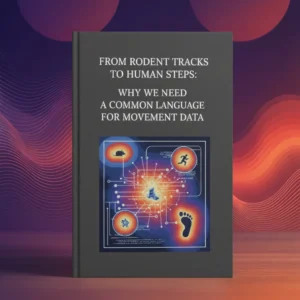
This week on The Conduct Science Podcast, join Mitch and Tom as they make their way through the final episode of the apocalypse series: Climate change. This one hits a little bit closer to home compared to the others but join the boys as they explore some of their favourite climate disaster movies and the science behind them. Of course, The Day After Tomorrow cannot go unmentioned in this list but just how accurate is it? Mitch teaches us how to keep warm and cool through insulation while Tom evaluates what would actually happen if the magnetic poles reversed! The boys then look at flooding and other effects of climate change and how they could legitimately lead to an apocalypse-like scenario. Mitch wraps up with talking about… you guessed it… Interstellar and food shortage. Remember you can find all the links to things we mentioned on our website. Stay curious!
Music: WhiteBatAudio.com






